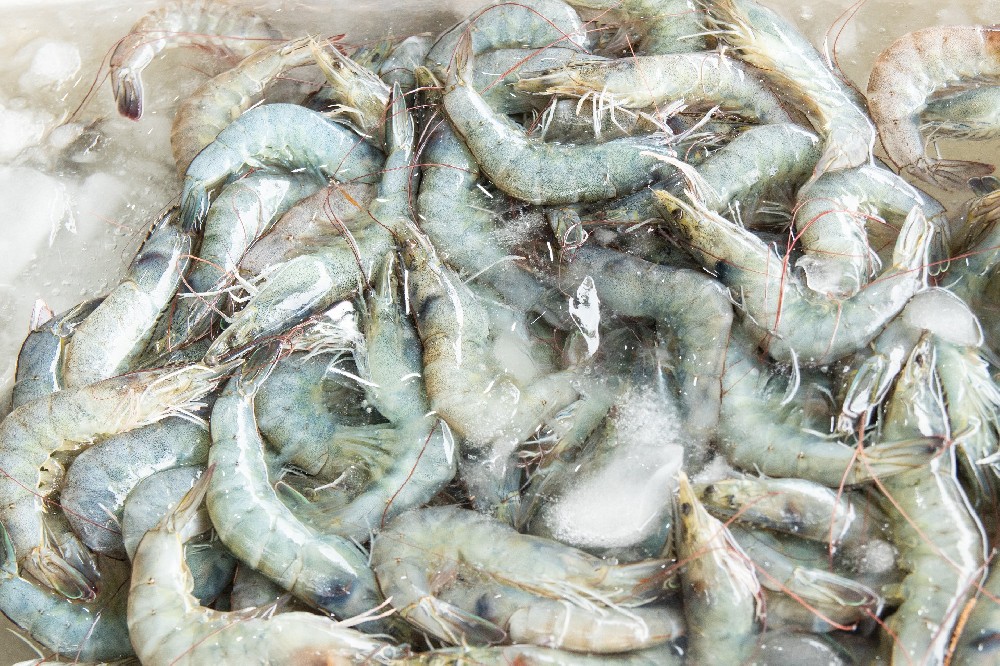How do consumers and businesses respond to the tariff increase of aquatic products?

Recently, the Tariff Commission of the State Council announced that from January 1, 2025, import tariffs on some aquatic products will be adjusted, involving frozen shrimp, cod, abalone and other varieties.This policy adjustment not only reflects the new trend of China's economic development, but also will have an important impact on the domestic and foreign aquatic products market.
According to the announcement, some aquatic products, such as frozen shrimp and prawns, frozen northern shrimp and live, fresh and cold abalone, will no longer be subject to provisional tax rates and will be subject to MFN tax rates instead.Specifically, the import duty rate for frozen warm water shrimp and frozen Arctic shrimp will be increased from 2% to 5%, and the tax rate for fresh abalone will be increased from 7% to 10%.However, countries that have signed free trade agreements with China, such as Ecuador, ASEAN countries, Peru and Honduras, will enjoy preferential import tax rates, which to some extent mitigates the market impact of tariff increases.
Gao Lingyun, director of the Institute of World Economics and Politics of China Academy of Social Sciences, pointed out that this policy adjustment is a reasonable decision based on China's economic development.With the improvement of China's agricultural production capacity, some aquatic products that originally relied on imports can now be produced domestically, so the provisional tax rate of related products has been adjusted.He stressed that this adjustment was carried out within WTO rules and aimed at achieving a high level of openness and high-quality development interaction.
From the market level, the increase of import tariffs on aquatic products will have a certain impact on domestic and foreign markets.This will be good news for domestic aquatic producers, as they will face less competitive pressure and are expected to expand market share and improve profitability.However, for consumers, the increased cost of imported aquatic products may lead to an increase in market prices, thus bringing some economic pressure.
In addition, the adjustment of import tariffs on aquatic products will also have an impact on the pattern of international trade.For countries that have signed FTAs with China, they will continue to enjoy preferential import tax rates, which will help consolidate and expand bilateral trade relations.For countries that have not signed a free trade agreement, they may need to reassess their export strategies to China to cope with the challenges brought by tariff increases.
-

Ecuadorian Shrimp-It's Not Easy To Love You
2024-07-04 -
The AI Lecture of Zhanjiang Chamber of Commerce was successfully held in Quanlian Centralized Procurement, helping the enterprise to upgrade its digital intelligence
2025-04-18 -
Tilapia Tariff Raised to 45%, U.S. Market Waiting for Change
2025-04-02 -
Into the Northwest Frozen Food Hub| All-Union Centralized Procurement Visits Lanzhou Jiaojiawan Frozen Market
2025-03-07 -
China's Ministry of Commerce's latest response to the US imposition of a 10% tariff on Chinese exports to the United States
2025-03-04 -
Ecuador shrimp industry new era, 2024 top ten shrimp enterprises list announced
2025-02-26













